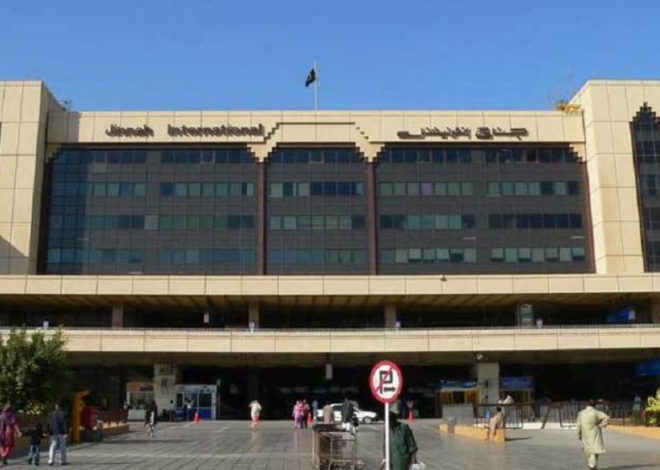
Another Sindh City Becomes HIV Hotspot With Hundreds of New Cases
HIV Cases Surge in Sindh
A recent surge in HIV cases has been reported in Larkana, Sindh, according to a health survey conducted by the Sindh AIDS Control Program. The data reveals a concerning 18% increase in new infections compared to the previous reporting period, primarily affecting young adults aged 20-35. This spike raises alarm bells about the effectiveness of current prevention strategies and the urgent need for a more robust public health response.
Larkana, while not the province’s highest prevalence area, has consistently reported HIV cases, and this recent uptick indicates a potential widening of the epidemic. Health officials attribute the rise to a combination of factors, including limited access to confidential testing and counseling services, persistent social stigma surrounding the disease, and a resurgence of unsafe injection practices among certain segments of the population.
The shortage of trained healthcare workers specializing in HIV/AIDS care in Larkana’s public hospitals further complicates the situation.
Existing awareness campaigns, while well-intentioned, appear insufficient to address the specific needs of the community. Many residents, particularly in rural areas, lack access to accurate information about HIV transmission, prevention, and treatment.
The Sindh AIDS Control Program has acknowledged the gravity of the situation and announced plans to deploy mobile testing units to Larkana and surrounding areas. They have also pledged to increase funding for local NGOs working on HIV/AIDS prevention and care. However, experts emphasize the need for a sustained, multi-pronged approach that addresses the root causes of the epidemic, including poverty, lack of education, and social inequality.
The long-term success of any intervention will depend on community engagement and a concerted effort to break down the stigma that prevents people from seeking testing and treatment.
What’s Causing the Spike?
- Unsanitary medical practices – Use of unsterilized syringes in small clinics.
- Lack of awareness – Many people are unaware of HIV transmission risks.
- Unsafe blood transfusions – Cases where infected blood is unknowingly used.
Who Is Affected?
The latest reports indicate that most new cases are emerging among:
- Young children – Likely infected through medical negligence.
- Truck drivers and laborers – Due to lack of preventive health measures.
- Local healthcare workers – Who unknowingly spread the virus through unsafe practices.
Government’s Response
Health authorities are launching emergency HIV screening camps in the affected areas and urging the public to undergo regular testing. They are also introducing stricter laws for private clinics to ensure the safe use of medical equipment.
The government is calling for immediate action to curb the spread of the virus and provide proper medical treatment for those affected.







